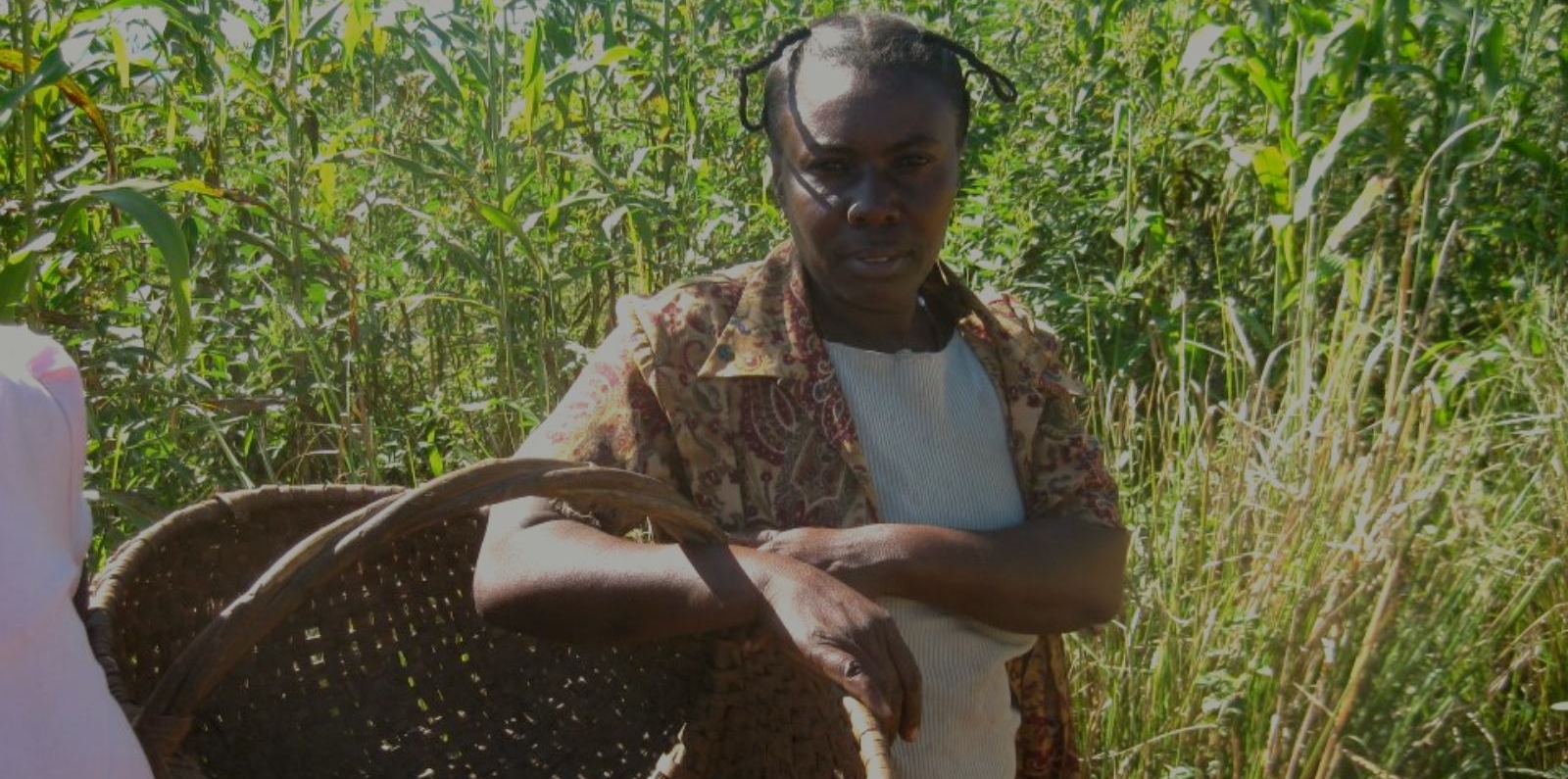About the Project
Agriculture plays a dominant role in the Haitian economy, contributing about 22% of GDP, accounting for around 50% of overall employment, 66% of employment in rural areas, and 75% of employment in low-income households. In rural areas, 88% of individuals live below the poverty level and more than half earn less than $1 a day. Over one million families own mainly small-scale subsistence farms, with an average farm size of less than one hectare. The main agricultural crops include maize, tubers, mangoes, coffee, avocados, citrus, rice, sorghum, beans, and cocoa; of which mangoes, coffee, and cocoa, together with essential oils, represent the main Haitian exports. Producers typically use outdated and ineffective technologies in terms of planting materials, soil conservation or pest management techniques, and hardware is limited to hand tools – resulting in low farm income levels, land degradation, increased vulnerability of farmers to natural hazards, and also food insecurity.
PTTA helped sustainably improve small-scale farmers' agricultural income and food security in Haiti’s North and Northeast Departments by increasing farmers’ access to improved agricultural inputs and technologies while supporting the development of a private agricultural service and input provider network. The project helped the MARNDR to build the capacity to better regulate the seed industry and provided vouchers for various agricultural inputs (e.g., seeds, fertilizer) to increase input use and obtain higher yields. PTTA specifically targeted the crop systems of rice and vegetables, as well as perennial plantations, such as coffee, cocoa, and other agroforestry systems, which contribute to climate change adaptation.
Country
- Haiti
Project Status
ClosedFunding
Country-led projectSupervising entity
- IDB
Call Year
2010GAFSP Funding Amount
25.00Project Highlights

people benefited from the project, 40 percent were women

farmers benefited from incentives for coffee, cocoa, agroforestry gardens, horticulture, and rice

farmers adopted technologies promoted by the project
Results
PTTA reached 164,091 people (40 percent women), exceeding the original target. Overall, 34,913 farmers benefited from incentives for coffee, cocoa, agroforestry gardens, horticulture, and rice, surpassing the target of 30,000 farmers. Technologies promoted by the project were adopted by 27,930 farmers on 15,446 hectares of land. The evaluations carried out at the end of the project showed that impacts varied significantly between the technology packages, in part leading IADB to rate the project as “satisfactory.”
The annual crop packages did not lead to any real improvement because farmers were already using the practices proposed through these packages. However, the agroforestry packages led to a significant income increase (63 percent) for famers. Because most of the packages (more than 70 percent) focused on agroforestry, the project achieved the expected levels of adoption and income generation. PTTA also strengthened the National Seeds Service; however, targets were not achieved for this activity because there was a significant delay in laboratory construction, which was completed only at the very end of the project, resulting in the project not being able to inspect any seed providers as planned.
Lessons Learned
PITAG, described above and essentially PTTA’s second phase, incorporated the following most important lessons learned from PTTA into its design. The MARNDR’s dedicated research should be strengthened to generate and test relevant technologies.
Package selection should be done through iterative and participative field tests to ensure that the proposed practices are innovative and relevant. Some technological packages (e.g., rice) need a productive natural environment, and some investments (e.g., irrigation systems) are crucial preconditions to increasing the likelihood of additional income generation.
Technical Assistance (TA) needs to be strengthened to support farmers effectively and continuously, thus separate operators’ tasks into a service dedicated to TA (agronomists) and a service dedicated to managing vouchers. Voucher delivery design, implementation, and monitoring should ensure that the vouchers’ value is not eroded by delays, inflation, or supply chain distortions.
Lastly, the procurement unit must be assessed, then reinforced in a substantial way with more effective organization and capacity strengthening.
Contact
GAFSP Coordination Unit
gafsp-info@gafspfund.org
